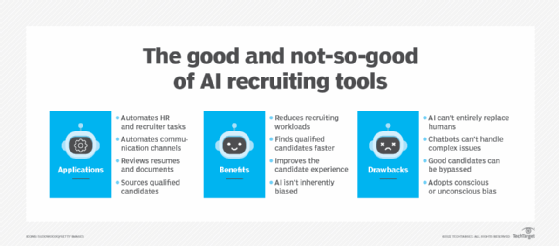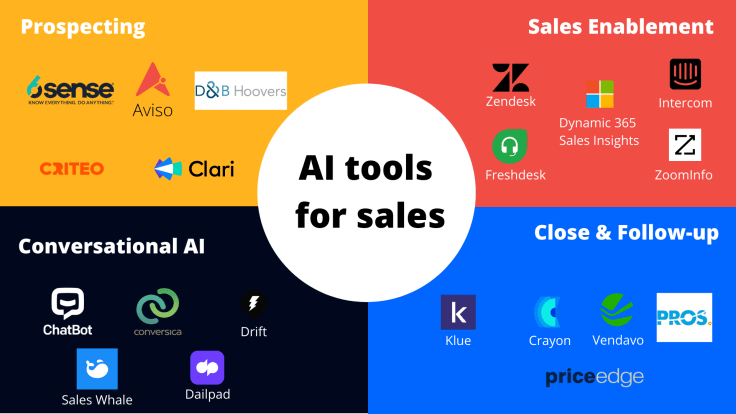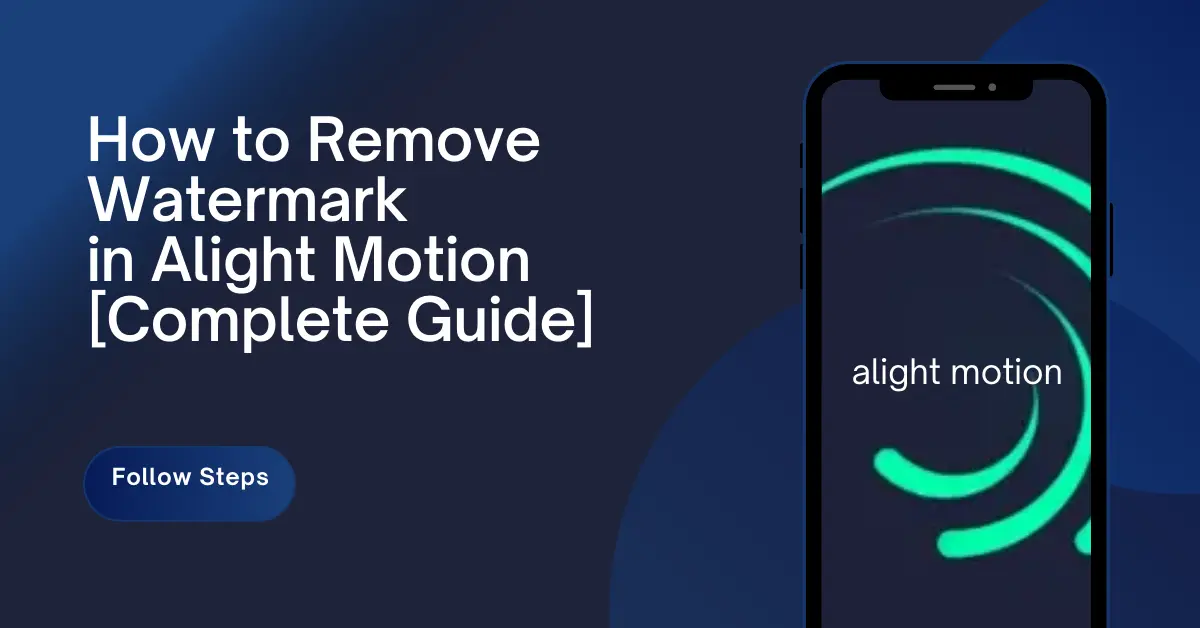The legal profession is undergoing a significant transformation, driven by the integration of legal AI tools into everyday practice. These innovative solutions promise to streamline operations, enhance accuracy, and improve client service. As attorneys navigate the evolving landscape, leveraging legal AI software has become essential for increasing efficiency and fostering sustainable growth.
Toc
The Power of AI in Legal Practice
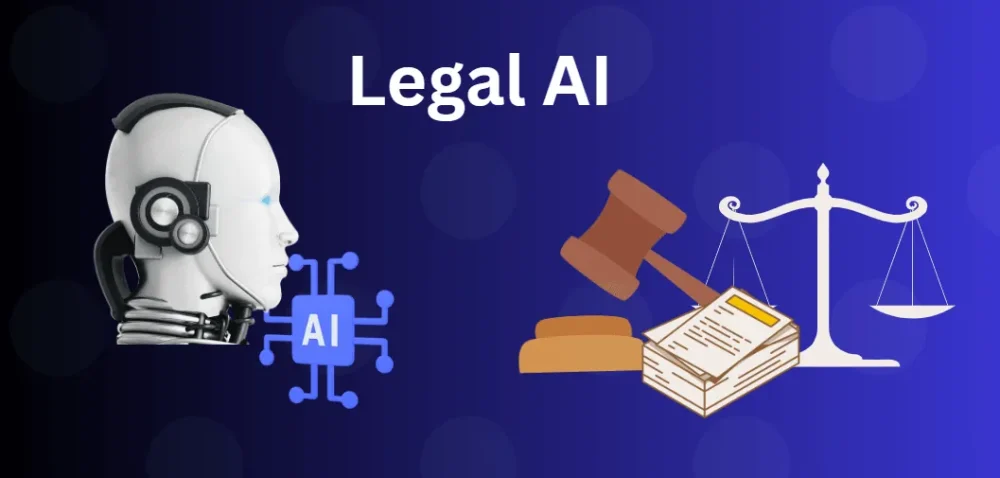
Legal AI tools are revolutionizing the way lawyers operate, making it easier to manage day-to-day tasks while enhancing the quality of legal services. These AI tools for lawyers automate repetitive tasks, allowing attorneys to focus on more strategic and creative aspects of their work. Tasks such as document review, legal research, and contract analysis, which once consumed significant time and resources, can now be performed with remarkable speed and accuracy.
Studies have shown that AI-powered document review platforms can significantly reduce the time spent on document review. For example, a 2021 study by the American Bar Association found that AI-assisted review reduced review time by an average of 70% compared to traditional manual methods. The benefits of using legal AI software are manifold. This not only streamlines workflows but also leads to improved client satisfaction as lawyers can devote more time to building relationships and delivering exceptional legal counsel. Furthermore, the accuracy of AI tools minimizes human error; the use of AI for contract analysis, for example, can significantly reduce the risk of errors in contract drafting and review. AI tools can identify potential risks, inconsistencies, and compliance issues that may be overlooked by human reviewers.
Real-world examples abound, showcasing the transformative impact of legal AI tools. For instance, a 2022 report by a reputable legal tech research firm found that law firms using AI for legal research and document review saw an average increase in productivity of 15%. This was attributed to the ability of AI tools to automate tasks, improve accuracy, and provide insights that lead to more efficient decision-making. Firms that have integrated these technologies report significant improvements in their operational efficiency, enabling them to serve clients more effectively while maintaining a competitive edge in the market. For example, a mid-sized law firm that adopted AI for contract analysis noted a 60% reduction in the time spent on this task, allowing them to take on more clients and increase revenue.
Top Legal AI Tools for Attorneys
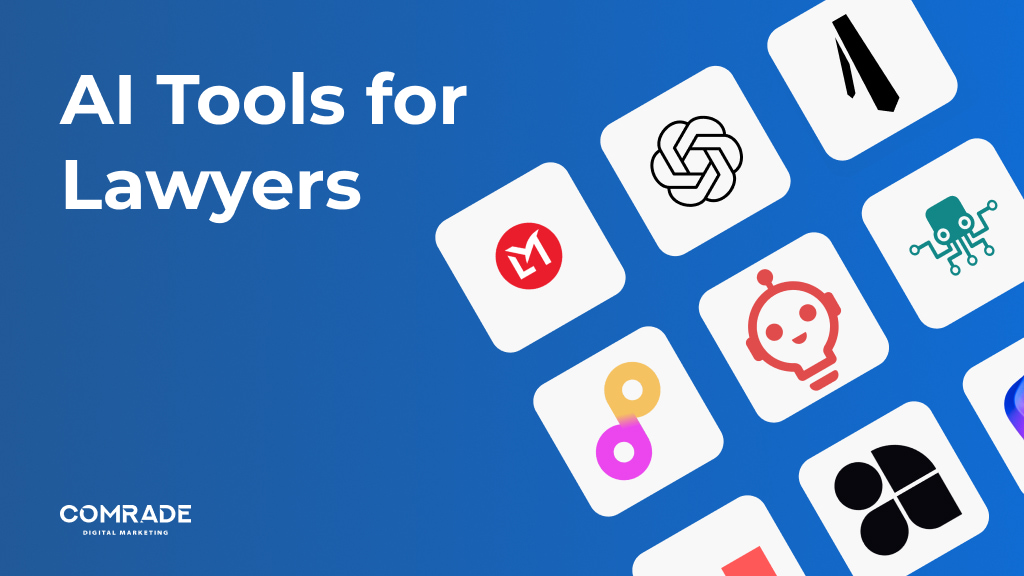
Case Management and Workflow Automation
AI-powered case management and workflow automation tools are essential for modern law firms looking to optimize their operations. Tools such as Clio, PracticePanther, and MyCase are among the best legal AI solutions available today. These platforms utilize machine learning algorithms to streamline daily operations, automate repetitive tasks, and provide real-time insights into performance metrics.
Key features of these legal AI tools include:
- Task Management: Easily assign and track tasks among team members, ensuring that everyone is on the same page and deadlines are met.
- Calendaring: Schedule appointments and deadlines efficiently, reducing the risk of missed meetings or late filings.
- Billing: Automate invoicing and payment processing, which can significantly reduce administrative overhead and improve cash flow.
- Reporting: Generate insightful reports to analyze firm performance, helping managers make informed decisions based on data.
By utilizing these AI tools for lawyers, firms can significantly reduce administrative burdens, foster collaboration, and make data-driven decisions that optimize their operations. Moreover, the integration of these tools can lead to enhanced team communication and a more organized workflow, ultimately contributing to a more productive work environment.
Document Automation and Drafting
When it comes to document-related tasks, legal AI tools can be game-changers. Solutions like Gavel.io, Kira Systems, and Litera allow attorneys to automate the drafting and review of legal documents. These tools can generate customized legal documents, analyze contracts for compliance, and extract relevant clauses with impressive accuracy.
The benefits of document automation include:
- Time Savings: Attorneys can save up to 90% of the time typically spent on document preparation, allowing them to focus on high-value tasks that require their expertise.
- Improved Accuracy: Reduce the risk of errors and omissions in legal documents, which can have significant ramifications for clients and the firm.
- Consistency: Maintain a high standard of quality across all legal documents, ensuring that clients receive uniform service regardless of the attorney handling their case.
By incorporating these best AI for lawyers into their workflows, legal professionals can enhance their efficiency and focus on providing value-added services to their clients. Additionally, the ability to quickly generate documents can be a significant competitive advantage, especially in time-sensitive legal matters.
Legal Research and Analysis
Legal research can be an overwhelming task, but AI-driven research tools are changing that landscape. Solutions like Casetext, Blue J Legal, and Lex Machina empower attorneys to quickly sift through vast databases of case law, statutes, and regulations. These tools leverage natural language processing and predictive analytics to deliver relevant insights and recommendations.
1. https://alightmotion.top/the-ultimate-guide-to-ai-recruiting-tools-streamline-hiring-in-2024/
2. https://alightmotion.top/elevate-your-expertise-the-power-of-a-computer-science-masters-degree/
4. https://alightmotion.top/the-rise-of-ai-unlocking-sales-success-with-ai-sales-tools/
5. https://alightmotion.top/data-rooms-the-key-to-enhanced-business-protection-and-efficiency/
The rise of generative AI tools, such as ChatGPT and Bard, is transforming legal research and document drafting. These tools can generate summaries of legal documents, draft legal briefs, and even create contracts based on user prompts.
Key features of these legal research tools include:
- Natural Language Search: Simplifies the search process, allowing users to query databases using everyday language, making it accessible even for those less tech-savvy.
- Legal Reasoning: Provides contextual analysis to support legal arguments, enhancing the quality of the legal analysis.
- Predictive Analytics: Offers insights into case outcomes based on historical data, helping attorneys make informed decisions about case strategies.
With the help of these AI tools for lawyers, firms can accelerate their research processes, enhance the quality of their legal analysis, and ultimately provide more informed legal services to their clients. This not only improves the outcomes for clients but also enhances the reputation of the firm as a knowledgeable and efficient provider of legal services.
E-Discovery and Litigation Support
E-discovery can be a resource-intensive process, but AI-powered tools are making it more manageable. Solutions like CSDisco, Relativity, and Logikcull utilize advanced algorithms to automate the identification, collection, and analysis of electronic evidence. This significantly reduces the time and costs associated with e-discovery.
The increasing use of AI in e-discovery is leading to more efficient and cost-effective litigation support. AI-powered tools can automatically identify relevant documents, reduce the volume of data that needs to be reviewed, and analyze data for patterns and insights.
Capabilities of these tools include:
- Data Collection: Automate the gathering of relevant data from various sources, ensuring a comprehensive review of all pertinent information.
- Processing: Efficiently process large volumes of data for review, reducing the burden on legal teams and allowing for faster turnaround times.
- Review and Production: Streamline the review process, allowing attorneys to focus on key evidence and develop stronger cases.
By implementing these best legal AI solutions, law firms can enhance their litigation strategies and build stronger cases for their clients. Additionally, the ability to quickly and accurately analyze large datasets can provide a significant advantage in litigation, where timing and thoroughness are critical.
Choosing the Right Legal AI Tool
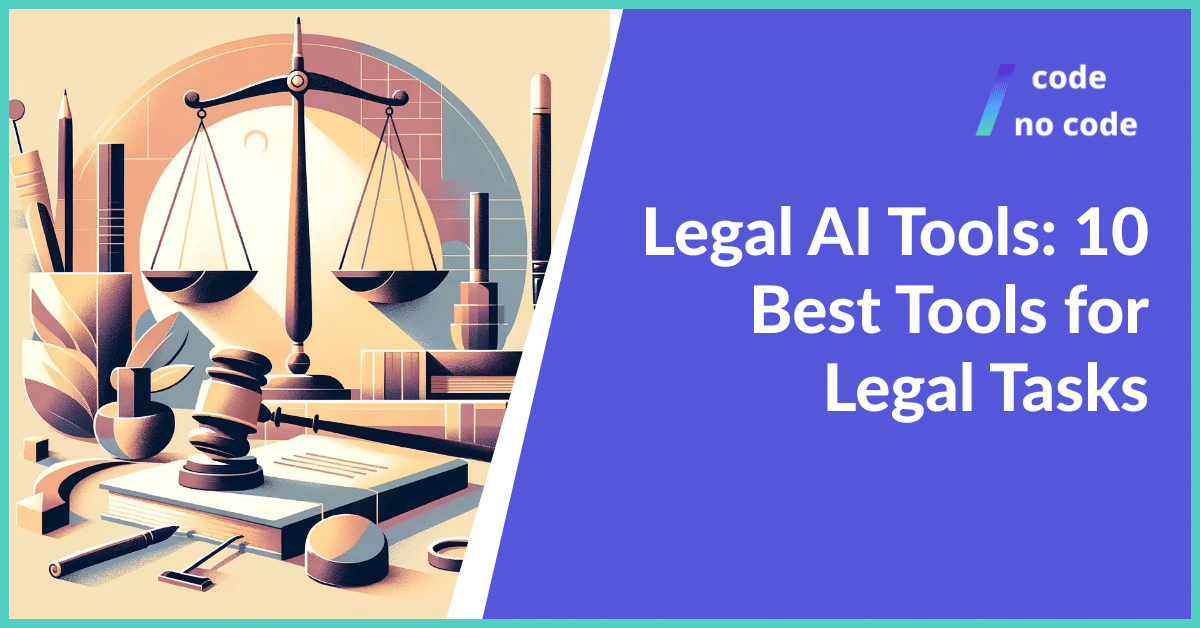
Selecting the appropriate legal AI tool is crucial for maximizing its benefits. Here’s a checklist of factors to consider when evaluating legal AI software:
- Functionality and Features: Ensure the tool meets your specific operational needs and offers the features that will benefit your practice the most.
- Integration with Existing Systems: Look for tools that seamlessly integrate with your current software to avoid disruptions in your workflow.
- Security and Data Privacy: Confirm that the vendor adheres to strict data security protocols to protect sensitive client information.
- Cost and Pricing Models: Assess the cost-effectiveness of the software for your firm’s budget, including any hidden fees or long-term commitments.
- User-Friendliness and Training Resources: Consider the ease of use and availability of training materials to help your team get up to speed quickly.
Additionally, evaluating the vendor’s reputation and track record is essential to ensure reliability and support. Reading user reviews and case studies can provide valuable insights into the effectiveness and reliability of the tools you’re considering.
Integrating Legal AI Tools into Your Practice
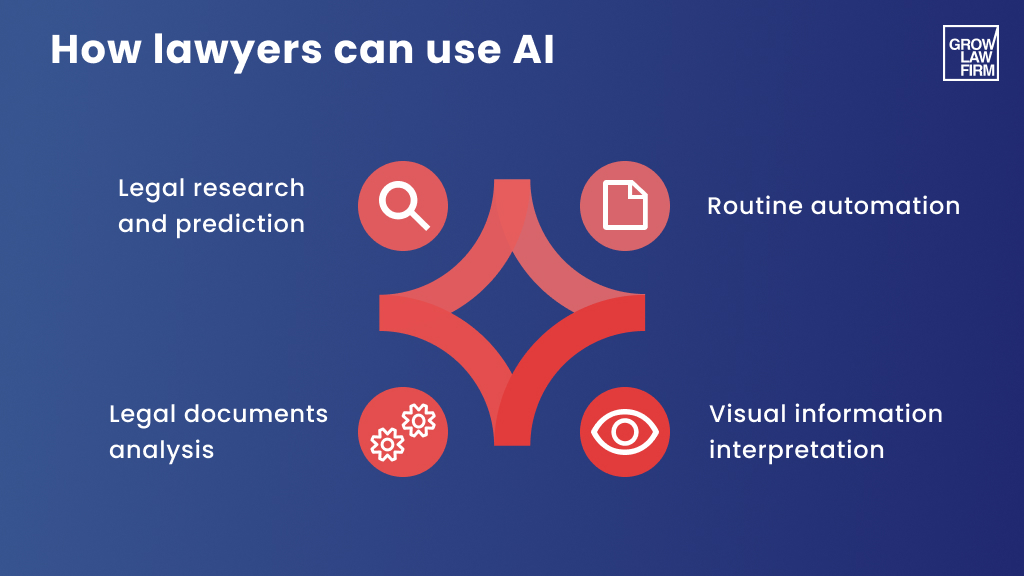
Integrating legal AI tools into your practice requires a systematic approach. Here’s a step-by-step guide to ensure a smooth transition:
- Identify Your Specific Needs and Goals: Analyze your current workflows and pinpoint areas where AI can have the most impact. Consider gathering input from team members to understand their challenges and needs.
- Select the Right Tools: Based on your needs, choose the legal AI software that best aligns with your objectives. Don’t hesitate to request demos or trials to evaluate the tools in action.
- Train Your Team: Provide comprehensive training to ensure team members can effectively utilize the new technologies. This may include formal training sessions, online tutorials, and ongoing support.
- Address Ethical Considerations: Establish protocols to ensure data privacy and ethical use of AI-generated insights. It’s essential to maintain transparency and accountability in how AI tools are used within your practice.
- Monitor Performance: Regularly evaluate the tools’ performance and make adjustments as needed to optimize their effectiveness. Gathering feedback from users can provide insights into areas for improvement.
- Foster a Culture of Continuous Improvement: Encourage your team to embrace innovation and share their experiences with the tools. This can lead to a more collaborative environment where everyone is invested in maximizing the benefits of legal AI.
Frequently Asked Questions

What are the biggest challenges to adopting legal AI tools?
Adopting legal AI tools can present challenges such as resistance to change, concerns about implementation costs, data security issues, and a lack of understanding regarding AI capabilities. Overcoming these challenges often requires a combination of education, clear communication, and demonstrating the tangible benefits of AI.
How can I convince my partners to invest in legal AI?
To persuade your partners, present a compelling business case highlighting the potential return on investment (ROI), including cost savings, increased efficiency, and enhanced client satisfaction. Use data and case studies from other firms that have successfully integrated AI to strengthen your argument.
What are the long-term implications of AI for law firms?
The integration of AI into the legal field is likely to reshape the profession, creating new roles and necessitating new skills while potentially impacting the traditional attorney-client relationship. Law firms must be prepared to adapt their business models and workforce strategies to thrive in this evolving landscape.
What are the ethical considerations of using legal AI tools?
Ethical implications include concerns about data privacy, algorithmic bias, and the need for transparency in AI-generated insights. Critics argue that AI tools can be susceptible to biases in the data they are trained on, which can lead to inaccurate or discriminatory outcomes. It is important to ensure that AI tools are used responsibly and ethically, with appropriate safeguards in place to mitigate bias. Establishing clear policies and guidelines for the use of AI can help mitigate these concerns.
How can I stay up-to-date on the latest developments in legal AI?
Stay informed by following industry publications, attending conferences, and joining online communities focused on legal technology. Engaging with thought leaders in the field can also provide valuable insights into emerging trends and best practices.
Conclusion
The adoption of legal AI tools is no longer a luxury but a necessity for attorneys seeking to enhance their efficiency, boost profitability, and drive sustainable growth. By leveraging these transformative technologies, law firms can unlock new levels of productivity, strengthen their competitive edge, and deliver exceptional value to their clients.
As the legal landscape continues to evolve, it is essential for attorneys to embrace innovation and prioritize the integration of AI tools into their workflows. By doing so, they will not only position themselves for long-term success but also solidify their place as leaders in the ever-changing legal industry. As you explore the best legal AI solutions for your practice, remember that the journey of integration is just as important as the destination. Embrace the change, invest in your team’s training, and watch as your firm thrives in this new era of legal practice.
